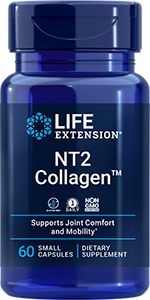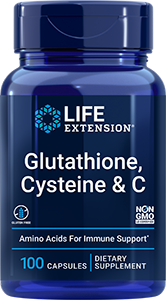- Science & Research
- Science News
- Newsletter
- 2012
- November 23

Newsletter
Newsletter
Tea Drinking Benefits Older Population
Tea drinking benefits older population
Friday, November 23, 2012. The November 14, 2012 issue of the British Journal of Nutrition published the findings of researchers at Duke University in North Carolina of a beneficial effect for tea consumption among older individuals residing in China. Danan Gu and associates analyzed data from 13,429 men and 19,177 women aged 65 years and older who participated in the Chinese Longitudinal Health Longevity Survey. Subject interviews provided data on frequency of tea consumption and other data. Tea drinking was categorized as daily or almost daily, sometimes (two to four times per week), or seldom or never. From the first wave of enrollment in 1998 to 2005, 4,833 men and 7,551 women died. Among men aged 65 to 84 years, those who reported drinking two to four cups of tea per week had a 19 percent lower risk of dying during that time period in comparison with men who seldom drank the beverage. Daily or almost daily tea consumption was associated with a 12 to 23 percent lower risk. While drinking tea daily or almost daily significantly reduced the risk of death among men aged 85 and older, less frequent tea drinking did not confer a similar benefit. Tea intake did not appear to have an effect on mortality among women in this study. However, both men and women who consumed tea daily or almost daily, as well as sometimes, had a lower risk of being in poor health in comparison with seldom drinkers. Furthermore, in comparison with seldom drinkers, almost daily intake was associated with a 37 percent lower risk of cardiovascular disease in men and a 50 percent decrease in women in the 65 to 84 age group. Men aged 85 and older also experienced a reduction in cardiovascular disease in association with daily or almost daily intake. In their discussion, the authors suggest that the higher prevalence of smoking among older Chinese men in comparison with women could make the protective effects of tea more noticeable in this group. "High frequency of tea consumption is significantly associated with reduced odds ratio of disability in activities of daily living, cognitive impairment, self-rated poor health, cumulative health deficits and cardiovascular disease in both young elders and the oldest-old, and in both men and women," the authors report. "These results suggest that the health benefit of drinking tea is universal. We conclude that frequent tea consumption probably helps one achieve healthy longevity and that men benefit more from such lifestyles." | ||||||||||||||||
 | ||||||||||||||||
| ||||||||||||||||
| ||||||||||||||||
 | ||||||||||||||||
| ||||||||||||||||
UC-II® is a registered trademark of InterHealth Nutraceuticals, Inc. U.S. Patent Nos. 5,645,851, 5,637,321, 5,529,786, 5,750,144, 7,083,820, 7,846,487, EP1435906 B1 and worldwide patents pending.
| ||||||||||||||||
The latest news on aging, nutrition, and vitamins
Lab
Testing
How Life Extension lab testing works










